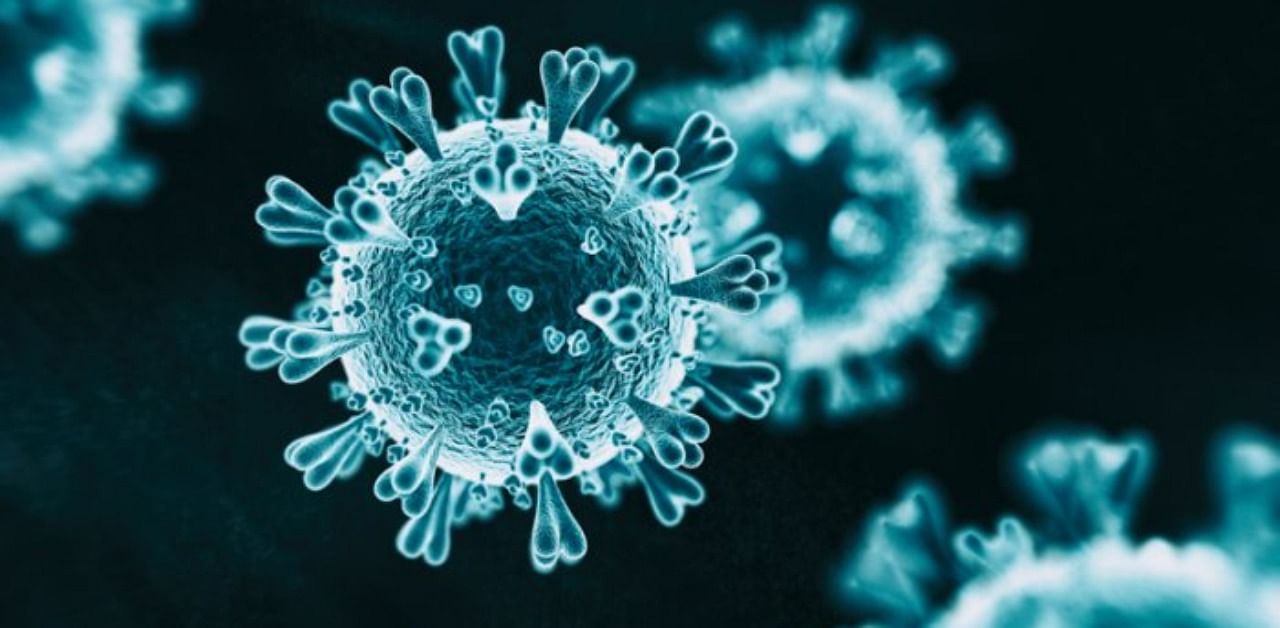
Scientists have developed a new method that allows anyone to easily and quickly detect Covid-19 in just 30 minutes, and is as accurate as the current PCR diagnostic test.
The SENSR technology developed by researchers at Pohang University of Science & Technology (POSTECH) in South Korea diagnoses Covid-19 based on the RNA sequence of the virus, reducing the stress on one single testing location and avoiding contact with infected patients as much as possible.
RNA is a nucleic acid that mediates genetic information or is involved in controlling the expression of genes.
The biggest benefit is that a diagnostic kit can be developed within a week even if a new infectious disease appears other than Covid-19, according to the research published in the journal Nature Biomedical Engineering.
The researchers noted that PCR molecular test currently used for Covid-19 diagnosis has very high accuracy but entails a complex preparation process to extract or refine the virus.
The test is not suitable for use in small farming or fishing villages, or airport or drive-thru screening clinics as it requires expensive equipment as well as skilled experts, they said.
The researchers designed the test kit to produce nucleic acid binding reaction to show fluorescence only when Covid-19 RNA is present.
The virus can be detected immediately without any preparation process with high sensitivity in a short time. And it is as accurate as the current PCR diagnostic method.
Using the new technology, they found the SARS-CoV-2 virus RNA, the cause of Covid-19, from an actual patient sample in about 30 minutes.
In addition, five pathogenic viruses and bacterial RNAs were detected which proved the kit's usability in detecting pathogens other than Covid-19, according to the researchers.
Another great advantage of the SENSR technology is the ease of creating the diagnostic device that can be developed into a simple portable and easy-to-use form, the researchers said.
The method not only allows onsite diagnosis before going to the screening clinic or being hospitalised, but also allows for a more proactive response to Covid-19 by supplementing the current centralised diagnostic system.
"This method is a fast and simple diagnostic technology which can accurately analyse the RNA without having to treat a patient's sample," said POSTECH Professor Jeong Wook Lee. "We can better prepare for future epidemics as we can design and produce a diagnostic kit for new infectious diseases within a week," Lee said.